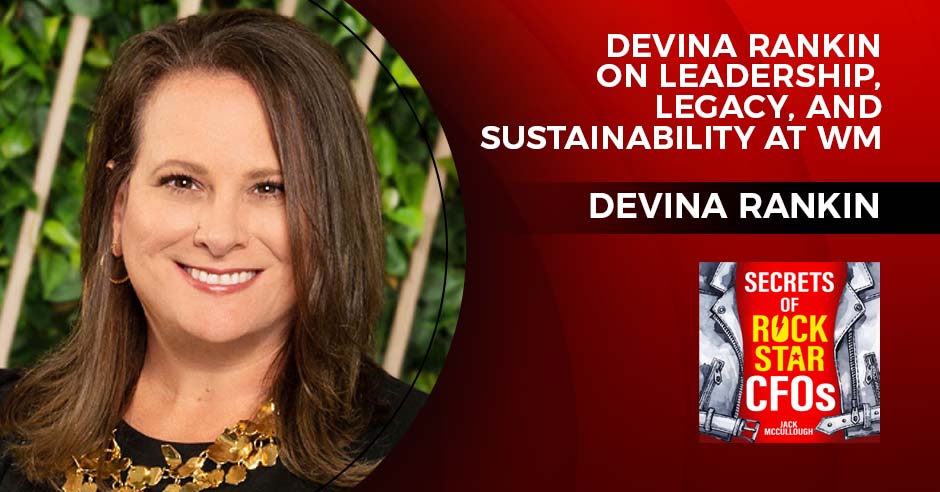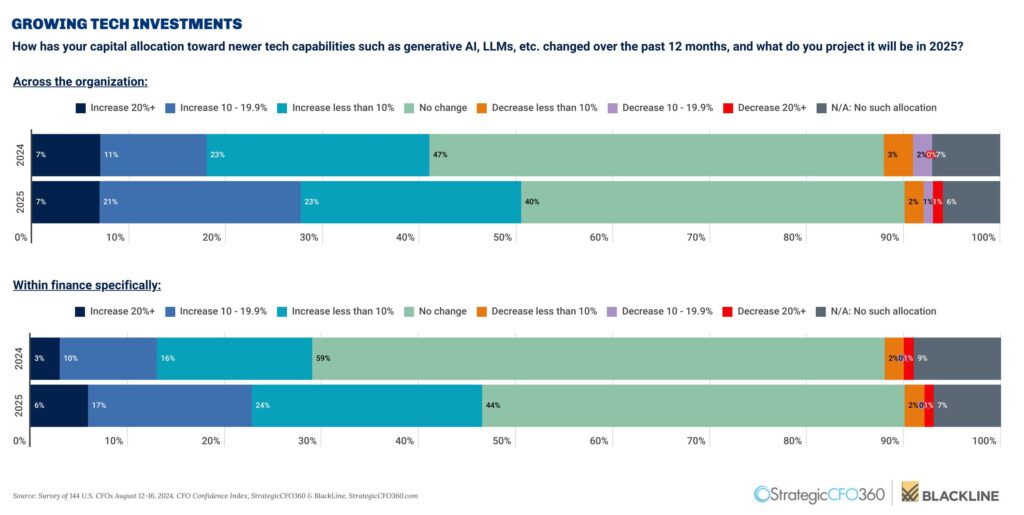Many CFOs are tackling responsibilities that extend beyond traditional financial management. Half of nearly 600 CFOs polled in The Super CFO Survey by executive search firm Egon Zender assumed ESG and M&A responsibilities in the last two years. The surveyed CFOs were also taking on cybersecurity, supply chain and HR duties, but in smaller numbers.
What skills do CFOs need to handle their wider remits? The ability to think strategically is paramount, says Arun Dhingra, global head of Egon Zehnder’s CFO and audit chair practice. A firm grasp of risk management is essential, as is the ability to convey complex, long-term strategies to investors, board members and other stakeholders confidently and convincingly.
As CFOs take on more strategic roles, how do they balance new responsibilities with core financial oversight?
We view prioritization as the key to success—finance chiefs must identify the strategic initiatives that align with the organization’s goals and devote time to those without neglecting fundamental finance operations.
To free up bandwidth for strategic thinking, CFOs should empower trusted team members with aspects of financial oversight. Implementing robust financial control systems and automation can streamline routine tasks, allowing more focus on strategic responsibilities, which can be time-consuming.
CFOs also need to take time to decompress. Despite growing responsibilities, we were happy to see that most CFOs in our survey described their work-life balance as “good” or “OK.” Taking the time to recharge with what gives you energy is essential for long-term success. Many CFOs also serve on boards, adding to their already full plates.
With a growing number of CFOs aspiring to be CEOs, are there experiences or areas of knowledge they should prioritize to equip themselves for the top executive role?
More than 60 percent of CFOs aspire to be CEOs—and 70 percent of those interested say they’re ready now. Having specific skills—effective leadership and influence are two obvious ones—is critical.
The CFOs most suitable as CEO candidates will also have significant experience leading cross-functional teams and driving organizational change. The surveyed CFOs indicated that networking and visibility were the biggest skills gaps they saw between the CFO and CEO positions.
Being upfront about your long-term goals with the current CEO and the board of directors can go a long way to gaining some of that needed visibility. Understanding the broader industry and competitive landscape is also essential, and requires CFOs to step outside the finance silo. We recommend that CFOs develop a strong external network to widen their strategic and operational perspectives. CFOs should already be demonstrating their competency level in their daily CFO role if they want to transition seamlessly to CEO when the time comes.
The Super CFO Survey indicates that CFOs are in high demand. What motivates them to stay with a company or pursue a new opportunity?
CFOs have more opportunities than ever—47 percent said they were approached for new roles monthly. Interestingly, the survey showed that the quality of the executive team was ranked significantly higher than compensation and a larger market cap as the biggest driver of CFOs choosing to pursue a new opportunity.
To attract prime finance talent, companies must look beyond traditional compensation packages and offer more holistic benefits such as flexible working conditions, opportunities for continuous learning and clear career progression paths.
What are some innovative approaches for attracting, developing and retaining the best finance talent in this competitive market?
Emphasizing a culture of mentorship and empowerment can attract high-caliber candidates who want to learn and grow quickly. If your organization can use advanced analytics to tailor career development programs to individual aspirations, that shows genuine investment in an employee’s professional growth.
In addition, give open and honest feedback and rotate talent into other parts of the finance department. The more exposure you can give the team to different parts of the business, the more likely you are to build a bench of potential CFO successors.








